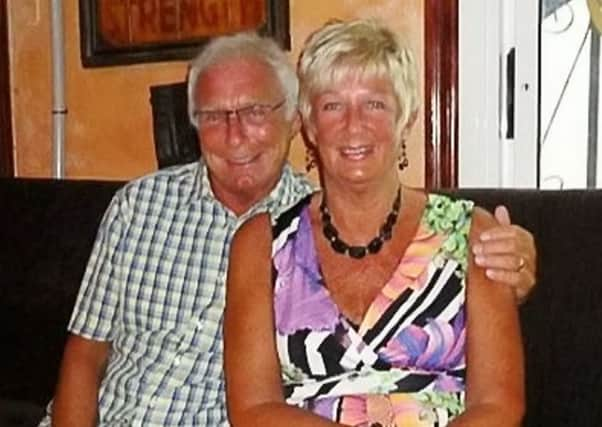Question mark over security at terror attack resort hotel


The January 2015 “recce” of hotels included the five-star Riu Imperial Marhaba where extremist Seifeddine Rezgui massacred tourists – including Blackpool couple Denis and Elaine Thwaite – the following June.
The inquests into the deaths of the British victims heard that the report questioned the security at the beach entrances to some 30 hotels in three Mediterranean resorts.
Advertisement
Hide AdAdvertisement
Hide AdRezgui killed around 10 of his victims on the beach and then entered the upmarket hotel from the entrance on the sand.
The resort had previously been targeted by a suicide bomber in October 2013, who killed only himself, the inquest heard.
Andrew Ritchie QC, who represents 20 victims’ families, read extracts from the heavily redacted report to the hearing at the Royal Courts of Justice in London.
He said: “Given that the attack on the Riadh Palms Hotel in October 2013 was launched from the beach, particular attention was paid to the beach access points.
Advertisement
Hide AdAdvertisement
Hide Ad“It (the report) said ‘Despite some good security infrastructure around the hotels and resorts there seems to be little in the way of effective security to prevent or respond to an attack (from the beach)’.”
Mr Ritchie told the inquest the Government was aware that Islamic State-linked extremists had warned the terror group would target tourists in a video posted on YouTube in December 2014.
The inquests have previously heard that official guidance for tourists to Tunisia said there was a “high risk of terrorism” at the time of the Sousse attack.
This had not been updated to the highest level of advising against all travel despite a previous terror attack on the Bardo Museum in Tunis in March 2015 which killed 24 people, including 20 tourists.
Advertisement
Hide AdAdvertisement
Hide AdThe January report on the hotel security was carried out by an unnamed man who was in Mumbai in India at the time of the terrorist attack there in 2008, the inquest heard.
Jane Marriott, a director of the Foreign Office’s Middle East North Africa Directorate at the time of the attacks on the Bardo Museum and in Sousse, told the hearing that because, prior to the 2010 revolution, Tunisia had been a dictatorship, there was “little public desire for a more intrusive police presence”.
She added: “This made it difficult for the authorities to be proactive with security.”
A Briton who survived the attack had been assured it was “100 per cent safe” to go to Sousse by a travel agent when he booked, weeks after an earlier deadly attack on tourists in the country’s capital, Mr Ritchie told the inquest.
The hearing is expected to last up to seven weeks.